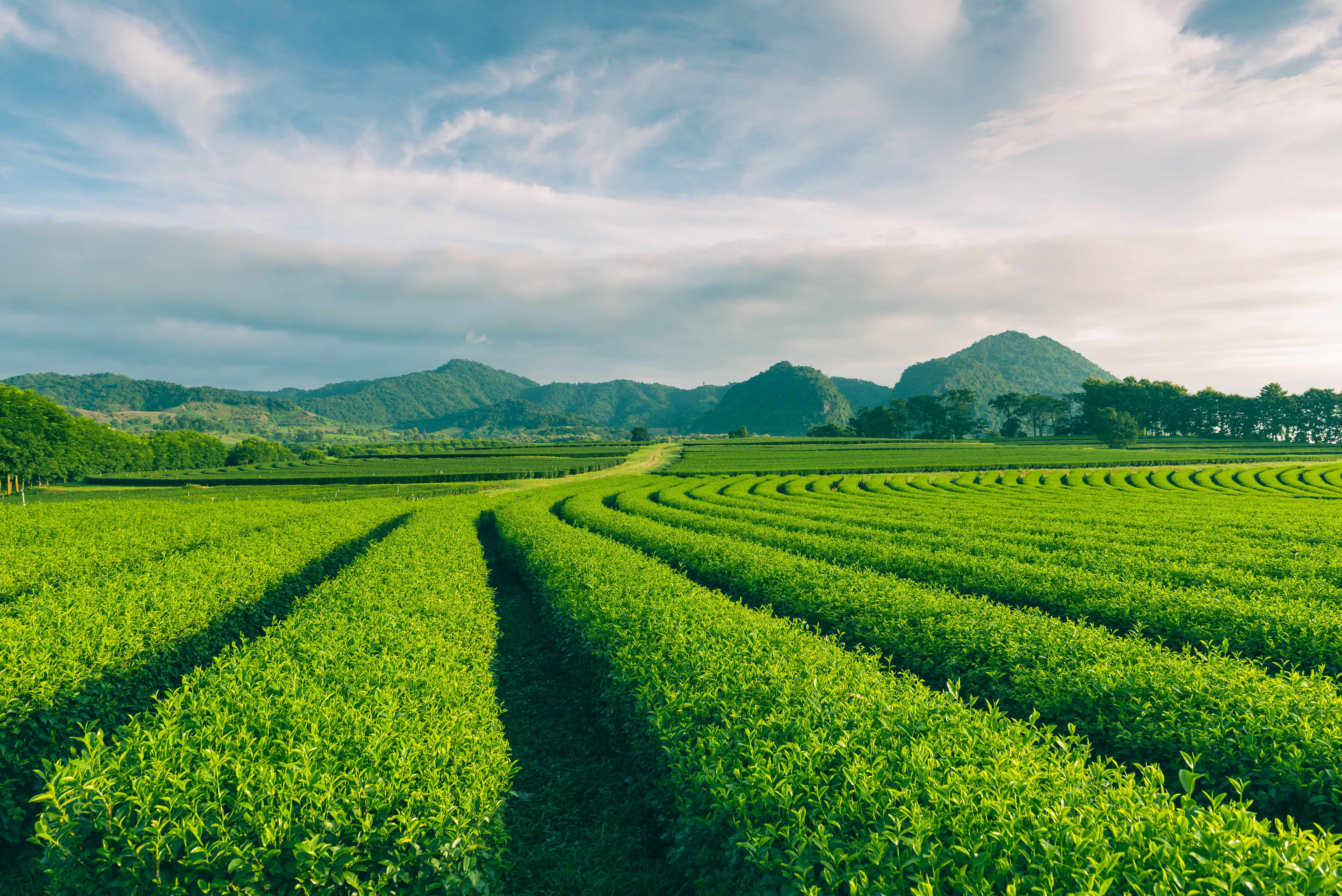Agricultural recruitment in Indonesia
How tech is being used to transform Indonesian agriculture
Indonesia is an important supplier of a wide range of agricultural products, exporting huge quantities of commodities such as natural rubber, coffee, rice, cocoa and palm oil across the globe. Furthermore, over the past few decades, the agricultural industry has also become the country’s largest employer, helping to make food security an important goal. Despite this, Indonesia’s overall food security performance which covers factors such as the quality, availability and affordability of food, is something of a mixed picture. Whilst the Covid-19 pandemic has shone a spotlight upon weaknesses in Indonesia’s agricultural industry, it has also offered the perfect opportunity to radically transform agribusiness, resulting in an increase in demand for agricultural recruitment in Indonesia.
Putting Indonesia’s agricultural industry into context
Indonesia’s economy has evolved rapidly over the past ten years, transforming into what is now the largest economy in Southeast Asia. The majority of Indonesians live in rural areas where farming is the main occupation, and although the agricultural sector’s share of GDP has fallen over the last half century, agriculture remains the main source of employment for the country’s population.
Indonesia boasts abundant farmland with fertile soil; a favourable situation which enables the country to produce a wide range of tropical crops, and therefore giving smallholder farmers the opportunity to raise their living standards. Furthermore, a growing middles class is resulting in rising demand for a wide and more diverse range of food products.However, despite these positive aspects, millions of smallholder farmers who support Indonesia’s agricultural industry are unable to make the most of many of the opportunities available to them, because of restricted access to markets, services and finance.
Digital agriculture holds the key
As previously mentioned, smallholder farmers in Indonesia have been held back by many aspects of traditional agriculture. However, agri-tech is already proving to be something of a game-changer for the country’s agricultural sector. There has been a rapid growth in the number of agricultural technology businesses and agri-tech start-ups are beginning to offer a significant contribution to agricultural production, supply chain management, access to markets, financing and transactions.
Examples of some of the tech solutions being made available to smallholder farmers in Indonesia include tech systems designed to aid precision agricultural practice, and to increase the production efficiency of staple crops and other agricultural products. Others are providing support apps for farmers and marketplace solutions which help to increase farmers’ incomes, simplify supply chains and ensure stable product prices. Lastly, end-to-end business process solutions have been developed which allow cooperatives and groups of farmers to carry out their business activities in a more efficient and comprehensive way.
Thanks to the abundance of fertile land in Indonesia, it’s clear that the country’s agricultural sector has real potential and could become an important food provider for the world. Although much-needed digital solutions are finally being used on the ground, agricultural recruitment consultants in Indonesia such as Peak, are hoping that we’ll see an increase in demand for individuals with expertise in areas such as agri-tech development, logistics and supply chain management.
The ‘Food Estate Project’
Back in the summer of 2020, Indonesia’s President Widodo announced the launch of the Food Estate Project. The aim of the project is to provide food security for Indonesia’s growing population through the increase in agricultural production. The Food Estate Project places the focus on improving the yields of existing farmland, whilst simultaneously developing new agricultural farmland in North Sumatera, South Sumatera, Central Kalimantan, East Nusa Tenggara and Papua. Although the Food Estate Project is ongoing and is currently in its second phase, it has already encountered a number of challenges, ranging from concerns from local activists over biodiversity and environmental impacts, through to problems motivating private investors.
Nevertheless, despite the setbacks, work is ongoing to clear areas for agricultural development, rehabilitate existing irrigation systems and develop new ones. In addition, planting activities have also taken place which focus upon intensified planting of rice fields, the development of coconut plantations and duck farming. Further new areas for the production of coconuts, shallots and oranges are also being planned.
From the perspective of agricultural recruitment companies in Indonesia such as ourselves, it’s clearthat the expansion of agricultural areas and the development of new ones will require the expertise of individuals with in new technologies, improved agricultural practices and efficient supply chains.
Peak Recruit – your agricultural recruitment consultants in Indonesia
Whether you are looking for new challenges or would like to recruit talented individuals to drive your business forward, we have the expertise to help. We agricultural recruitment consultants in Indonesia who have wide ranging expertise and in-depth industry knowledge of Indonesia’s agricultural sector. To find out more about how we can help you, why not get in touch today?

